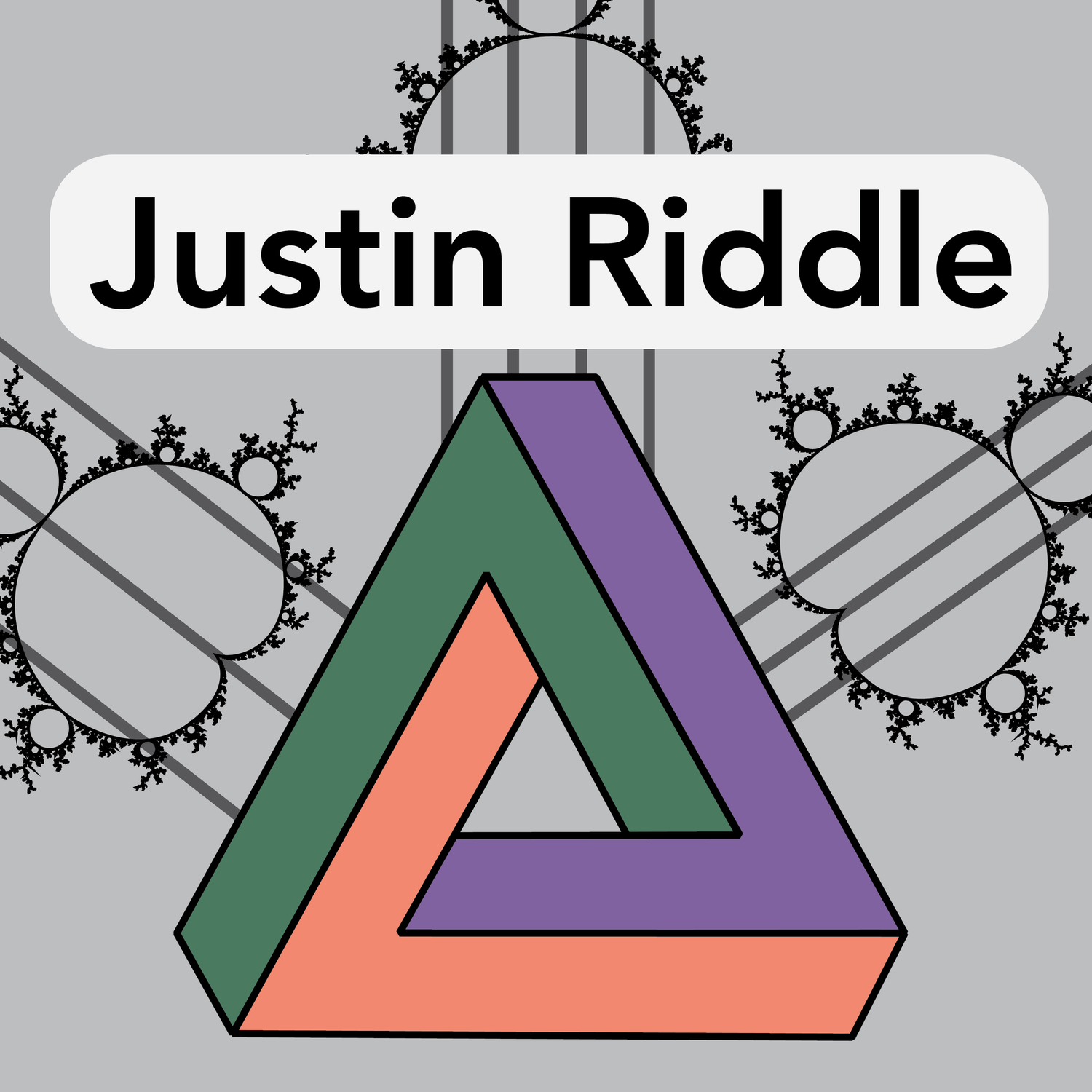

Justin Riddle Podcast
Justin Riddle Podcast
Justin Riddle explores the nature of consciousness from the perspective of recent breakthroughs in neuroscience, biology, computer science, and physics. Quantum computers and quantum biology are revolutionizing technology and science. What can these new advances teach us about ourselves?
Episodes
Mentioned books

10 snips
Jun 14, 2021 • 15min
Justin Riddle #2 - Three World Model
In episode 2 of Quantum Consciousness, Justin Riddle presents Roger Penrose's three world model: Physical, Mental, and Platonic. The three world model proposes a domain for the observations and measurements made regarding the external world (Physical), a domain for the private and personal subjective experience that constitutes the narrative flow of your mind (Mental), and a transpersonal domain for logic and mathematical truth akin to Plato's world of forms (Platonic). While it has been said that "all models are wrong, but some are useful," I have found the three world model to be a profound source of insight.

Jun 12, 2021 • 22min
Justin Riddle #1 - Six Arguments for Quantum Consciousness
In this introduction to quantum consciousness, Justin Riddle presents six arguments that quantum consciousness is an important theory of mind.
To summarize, (1) People identify as the latest technology and so most people believe that they are a digital computer. Time to update those models of self, because.... (2) Quantum computers are here. We wouldn't want the brick of metal in our pocket to have greater computational power than our brain. (3) People say the brain is too warm, wet, and noisy for quantum effects; yet, evidence keeps emerging for quantum effects in biology (such as photosynthesis). Where do we draw the line? (4) Evolution might be selecting for quantum systems that can maintain quantum coherence. (5) The debate around the role of quantum mechanics in consciousness has been raging for 100 years. Many key historical figures like Bohr, Schrodinger, Heisenberg, von Neumann entertained the idea that quantum mechanics might relate to our mind. (6) Physical theories that are purely deterministic have failed to account for key aspects of subjective experience. There may be novel answers from a perspective that incorporate new physics.


